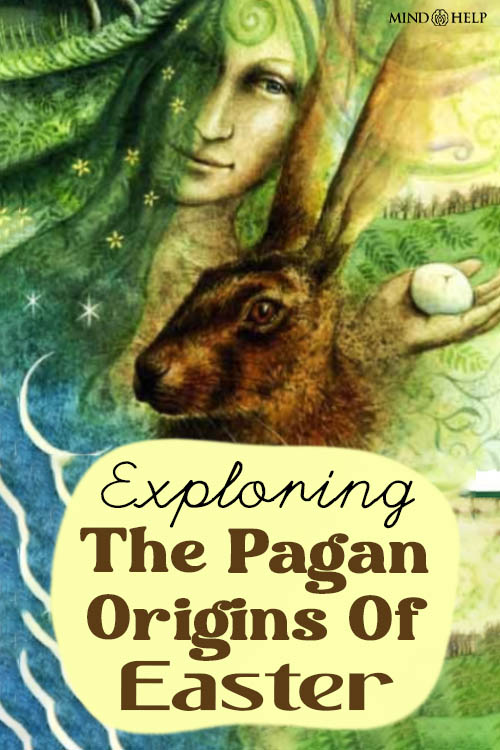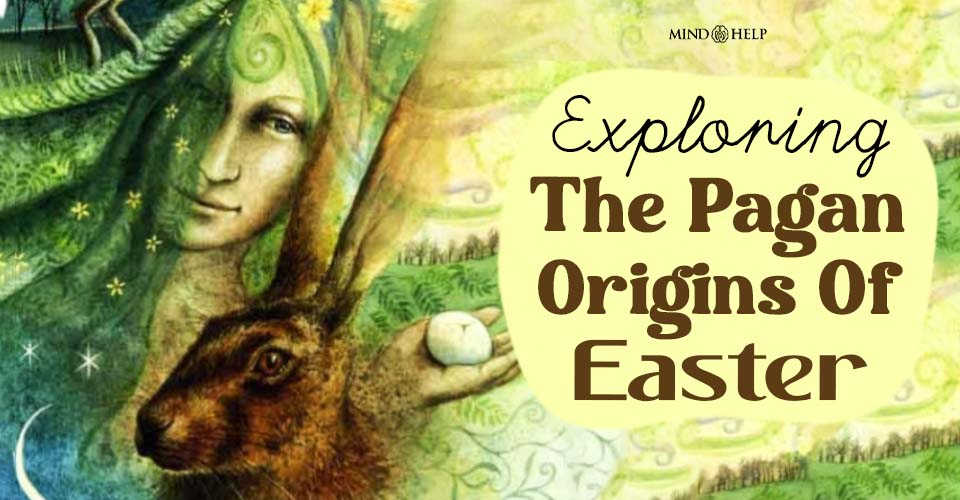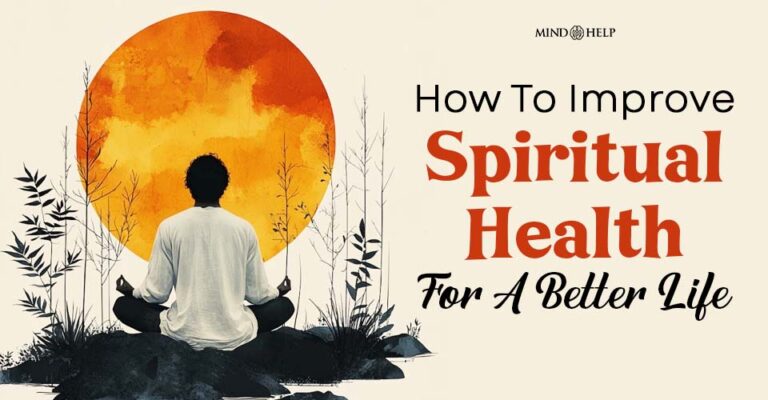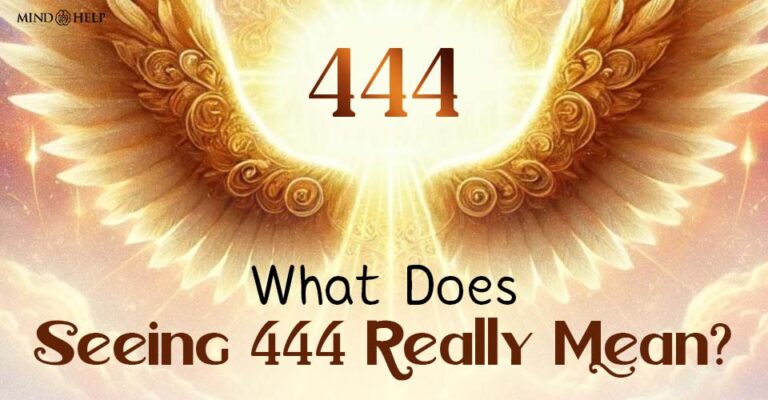Every Easter, children across the globe delight in egg hunts, families enjoy hot cross buns, and Christians celebrate the resurrection of Jesus Christ. But did you know that some elements of Easter may trace back to ancient pre-Christian traditions? This article takes a closer look at those pagan origins of Easter.
Why Bunnies and Eggs? The Curious Pagan History of Easter
While Easter is a major Christian holiday commemorating the resurrection of Jesus following his crucifixion, many popular traditions—such as the Easter Bunny and egg-decorating—don’t appear in biblical texts. So where did they come from?
Some scholars and historians suggest that Easter, like many other cultural festivals, may incorporate elements from older seasonal celebrations that predate Christianity.
Spring Festivals and Ancient Celebrations
For millennia, spring has symbolized renewal, fertility, and the triumph of life over death across various civilizations—from the Celts and Druids to the Greeks and Mesopotamians. Marking the end of winter, the Spring Equinox (when day and night are equal in length) has been celebrated as a time of rebirth and new beginnings.
As Christianity spread across Europe, it encountered deeply rooted local customs. Rather than replace them entirely, early Christian leaders often adapted and integrated existing festivals into the Christian calendar—creating a blend of new and old beliefs.
Easter is a moveable feast, celebrated on the Sunday after the first full moon following the Spring Equinox. The timing alone suggests a possible connection to seasonal celebrations rooted in nature-based traditions.
Read: 6 Signs Of The Real Awakening: Are You Truly Awake Or Just Dreaming?
The Pagan Origins of Easter
1. Mythologies of Resurrection and Renewal
Long before Christianity, many mythologies told stories of death and resurrection that echoed the natural cycles of life. For instance:
In Mesopotamian mythology, the story of Damuzi (or Tammuz) and Inanna (or Ishtar) describes a cycle of death and rebirth, linked to the fertility of the land.
Greek mythology tells of Persephone, whose return from the underworld each year marks the arrival of spring.
Other myths, such as those of Baldr in Norse tales or Dionysus in Greek culture, also reflect these themes.
These recurring motifs highlight humanity’s long-standing reverence for the renewal of life.
2. Eostre: A Springtime Deity?
Some researchers believe the word “Easter” is derived from Eostre (or Ēostre), an Anglo-Saxon goddess of spring and fertility. This idea comes primarily from the writings of the 8th-century monk, the Venerable Bede, who noted that the month of “Eosturmonath” was named after her. While the historical evidence is limited, the association has influenced modern interpretations of Easter’s origins.
3. The Easter Bunny and Its Origins
Rabbits and hares, known for their fertility, have long symbolized life and renewal. In some traditions, hares were considered sacred to Eostre. Additionally, German immigrants brought the tale of the “Osterhase” to America in the 1700s—a hare that laid colorful eggs for children. This legend evolved into today’s Easter Bunny and egg hunts.
4. Eggs: Ancient Symbols of New Life
Eggs have been symbols of fertility and rebirth in various ancient cultures, including those of the Egyptians and Persians. These traditions carried forward and were reinterpreted in Christian symbolism, where the egg can represent the tomb and the new life of the resurrection.
5. Hot Cross Buns: From Ancient Symbol to Good Friday Treat
Hot cross buns, now eaten on Good Friday, are marked with a cross symbolizing the crucifixion of Jesus. However, some believe these buns may have origins in pre-Christian spring rituals, possibly symbolizing the changing seasons or lunar phases. As with many cultural artifacts, meanings evolve, and symbols are recontextualized over time.
Is Easter a Pagan holiday?
So, is Easter a Christian celebration or one with pagan roots? The answer may be both. Easter, as celebrated today, draws from a rich and diverse history. Its customs reflect a tapestry woven from ancient seasonal festivals, mythologies, and Christian beliefs. Whether one views Easter through a religious lens, a historical perspective, or a cultural one, its enduring message of hope, renewal, and new life resonates across generations.
Read: How To Successfully Manifest Your Goals With Candle Magic?
We welcome respectful dialogue on the fascinating history of Easter and Paganism. Let us know your thoughts in the comments—and however you celebrate, we hope you had a joyful and happy Easter!





